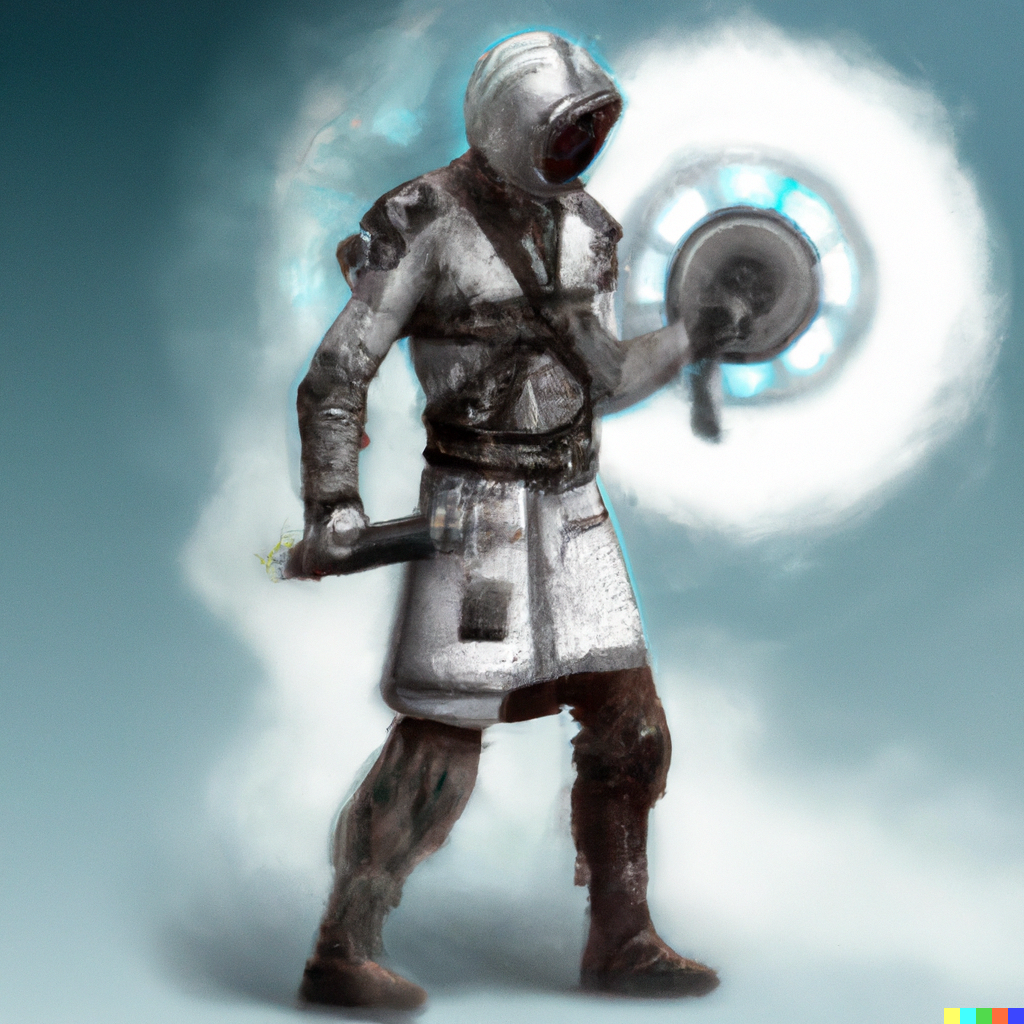So I have two groups
- Group 1 (ranger, druid, sorcerer, and barbarian)
- Group 2 (bard, wizard, barbarian)
We started the first session as one big group instead of two and it was chaotic. Everyone was talking over eachother and wasn’t listening in general so I approached group one and asked if they wanted to split from group 2. They said yes. So in the world they kidnapped an npc from group 2 to try and sale and ditches group 2. 2 was surprised at first but was happy in the end. Group 1 ended up going north ditching group 2 thinking they were going to be tracked. 2 ended up making an alliance with the king (everyone’s level 1 so I’m also having pacing problems) and went on their way to hunt down 1. 1 ended up killing the npc apon nearly getting killed to a necromancer (I’ve improvised everything thus far) and ran. In the next session I made a dungeon for both 1 and 2 but 2 haven’t got to do it yet because of scheduling issues. (Last session was 3 months ago) and 1 is getting impatient but don’t want 2 rob 2 of an epic fight once they meet instead of making a new world. I ended up doing another session and a town got burnt down and a water supply poisoned. They ended up stopping the poison by freezing the river and escorting all of the poisoned ice out. In my sessions things go really fast. Any help or ideas?


So if I understand the state of play the parties are in a land ruled by a king, there is a necromancer somewhere to the north of the kings location, and a dungeon. There’s a burnt out town with a now saved water source thanks to group 2.
A few questions.
Assuming the necromancer killed the npc, and the two groups will meet in the dungeon, for a session together, I’d probably do the following:
Bear in mind though the above only works if the players would have fun. That’s the aim of all of this.
Also have a look through this website for some good tips on streamlining DM prep - [link]https://slyflourish.com/choosing_the_right_steps.html[/link]
In that case here’s what I do that works for me.
I have a very loose concept of what the story is about that I separate into Acts. The number of acts depends on how long the story is supposed to run.
I then detail scenes in each act.
In each scene I have a detailed description that sets the scenario then dot points of the npcs and include their motivations and information they may provide the PCs (if appropriate). I generally write a few scenes to take into account how I expect the players to act in prior scenes.
Before the next session I review what happened last session and adjust my plan accordingly.
I found doing it this way kept me focussed while at the same time provided a loose enough structure that the players can have agency.
Also, I try not to waste work. For example, if you planned a scenario where the players are framed for murder in a town, but that session they avoid the town altogether. Then I reuse that scenario in a later town with appropriate adjustments.
Okay thanks for the advice group 1 ended up wanting to restart but with their same characters. I’ll try to plan stuff out that way